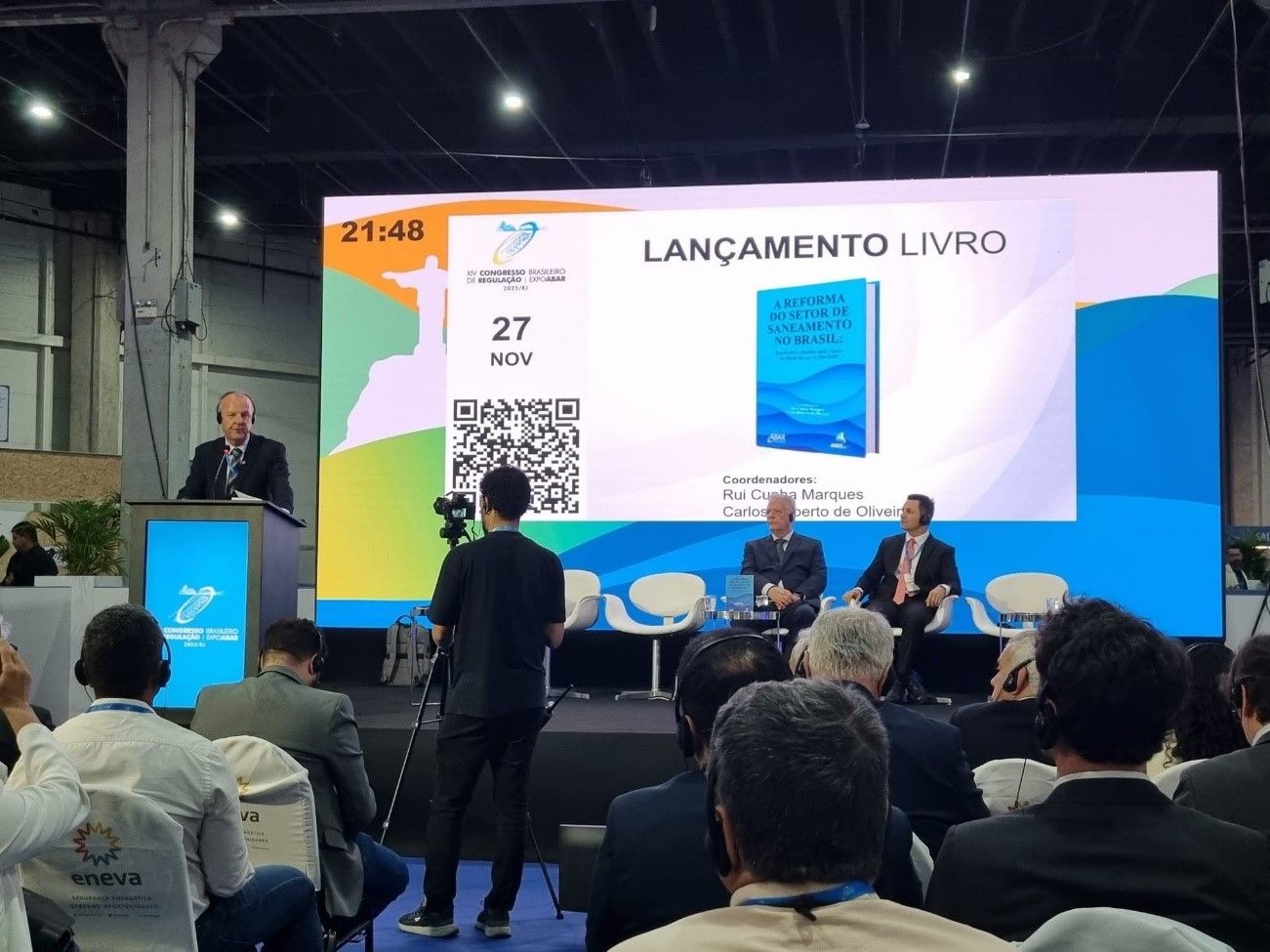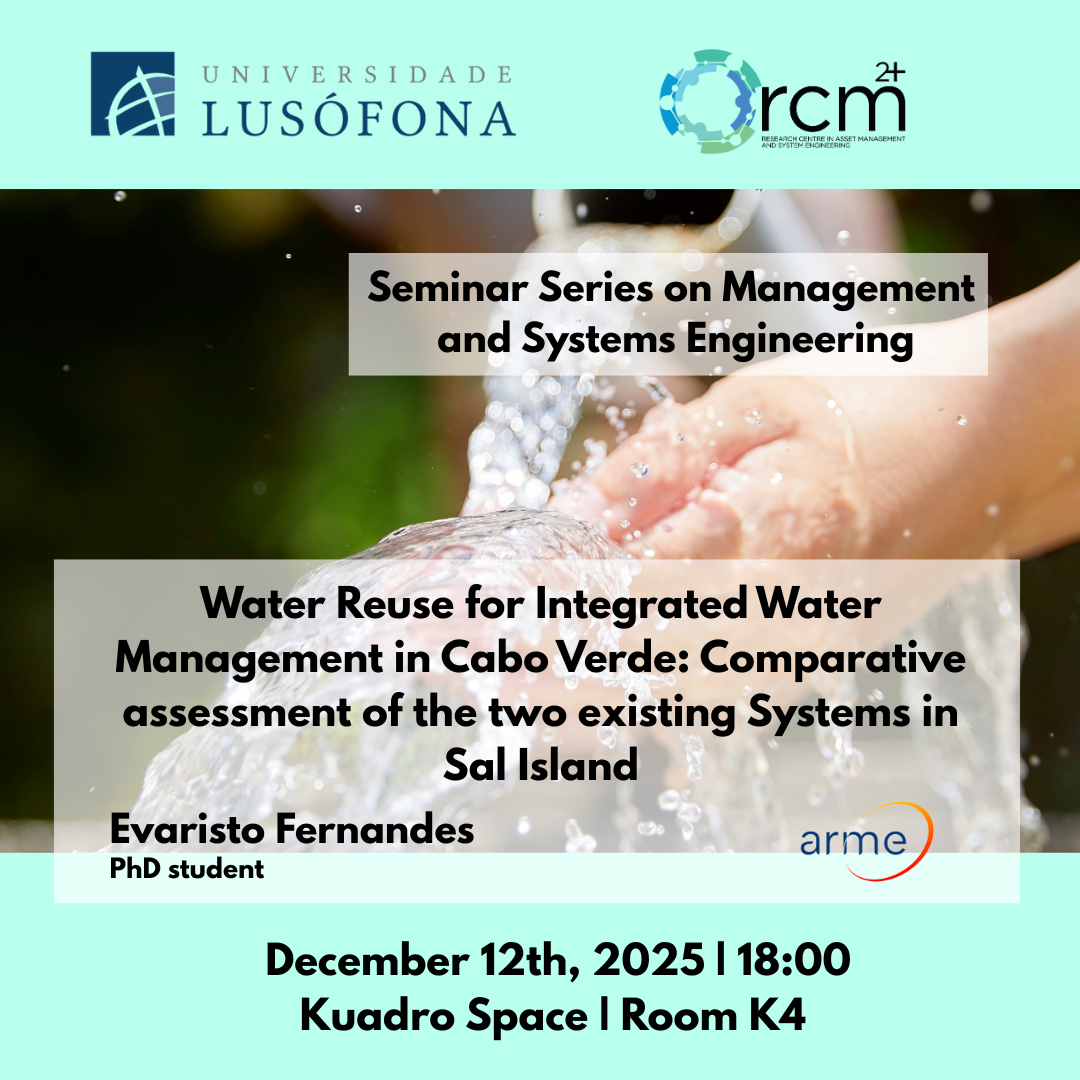News and Events
RCM2+ starts new E-NOSE project: Kick-off meeting in Novi Sad
18 October, 2024
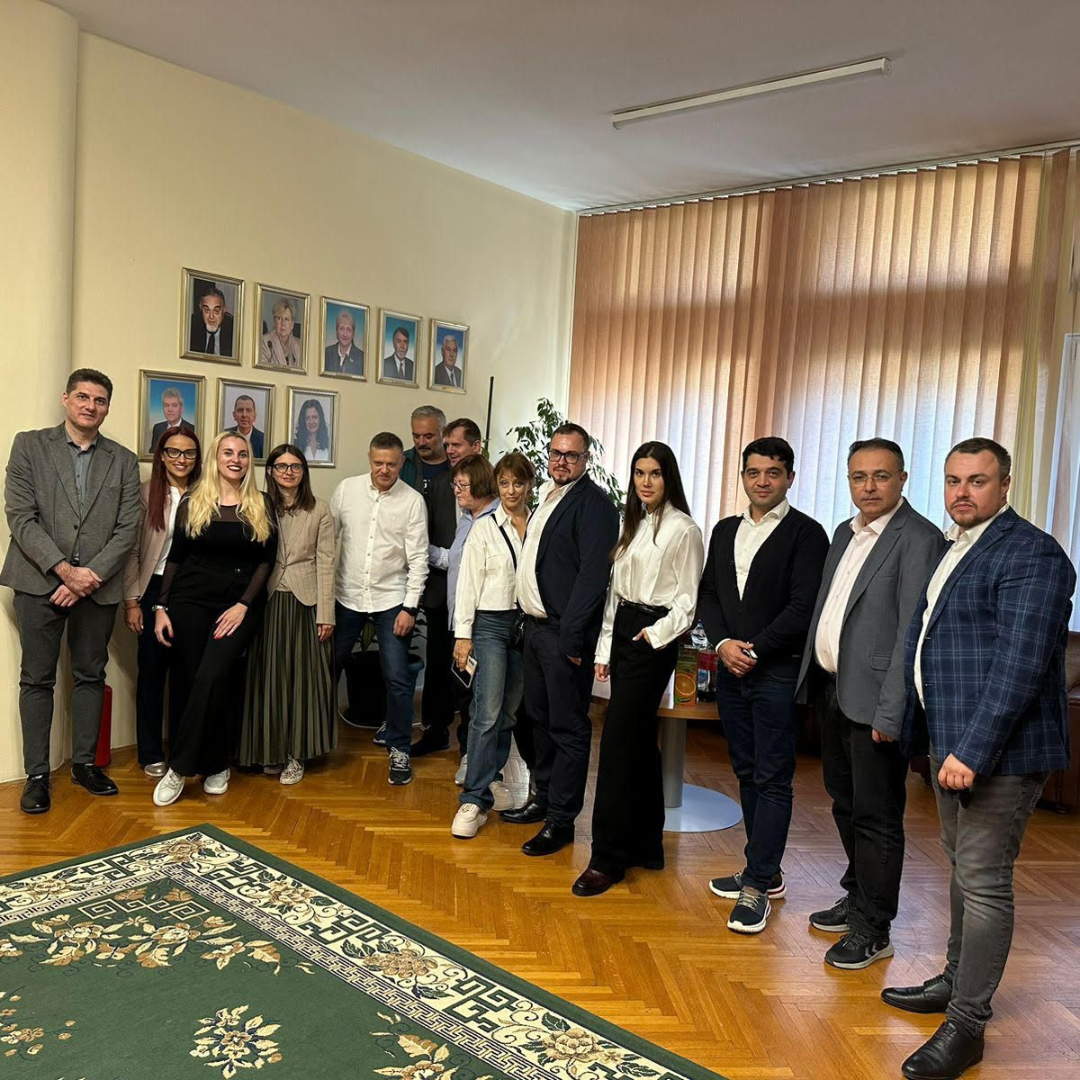
On October 7, the Kick-off meeting of the new E-NOSE Project took place in Novi Sad, Serbia. E-NOSE is a project funded by the European Commission Executive Research Agency (REA), and coordinated by the Faculty of Technology Novi Sad, University of Novi Sad. DeepTechLab, part of the RCM2+ Research Center at Universidade Lusófona, is among the international consortium of this project, and was represented by professors and researchers Svitlana Lyubchyk, Sergiy Lyubchyk and Andriy Lyubchyk.
E-NOSE (Acquisition and Modification of Hierarchically Nanostructured Oxide Active Materials for Advanced Biological Gas Sensor Project) aims to develop next-gen gas sensors using cutting-edge nanotechnology: highly sensitive and fast 'Electronic Nose' devices. But the project goes beyond sensor development — it envisions a novel global security system that integrates these sensors into mobile communication devices, enabling highly localized detection of threats like epidemic outbreaks, fires, and terrorist activities.
This project counts with the participation of multiple European and international partners (research institutions, companies and universities), that were present at the meeting, such as: Faculty of Technology Novi Sad (Serbia), NanoTechCenter (Ukraine), Bandirma Onyedi Eylul University (Turkey), Nanomaterials Research & Development (Poland), DeepTechLab (Portugal), NanoPhoenix (Italy), Institute of Materials Science Of Uzbekistan Academy of Sciences (Uzbekistan), Institute of Radiation Problems (Azerbaijan), and Republican Scientific and Practical Center of Sports Medicine (Uzbekistan).
At the meeting, several conditions inherent to the partnership between the organizations were discussed, as well as future networking events necessary for the continuation of the project. This meeting was also especially important for coordinating the partners and the tasks to be carried out by each one of them to reach the important milestones in the field of research, as well as to discuss the future steps to be taken in the project.
To know more about E-NOSE, visit the project’s website clicking here.
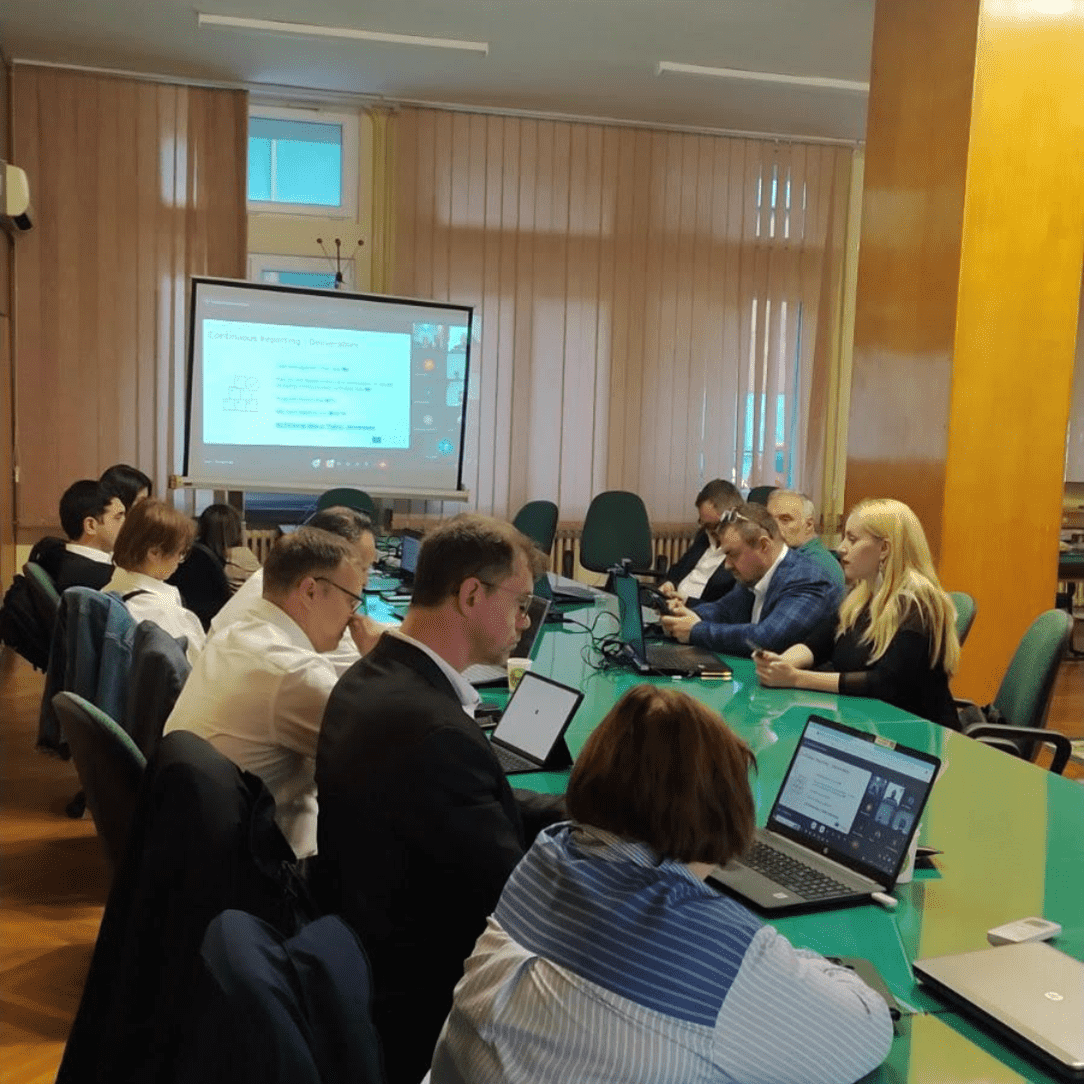
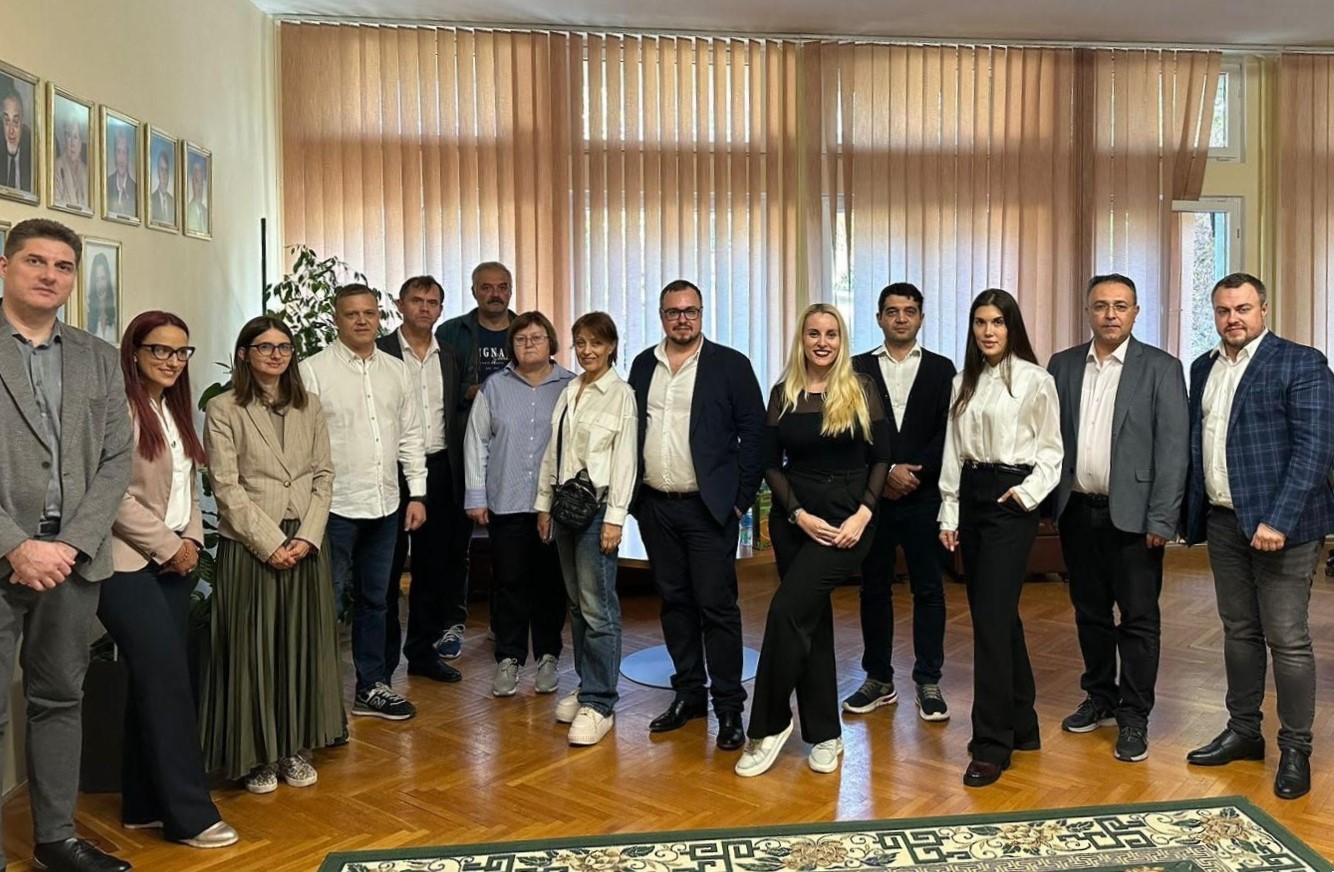
Notícias News
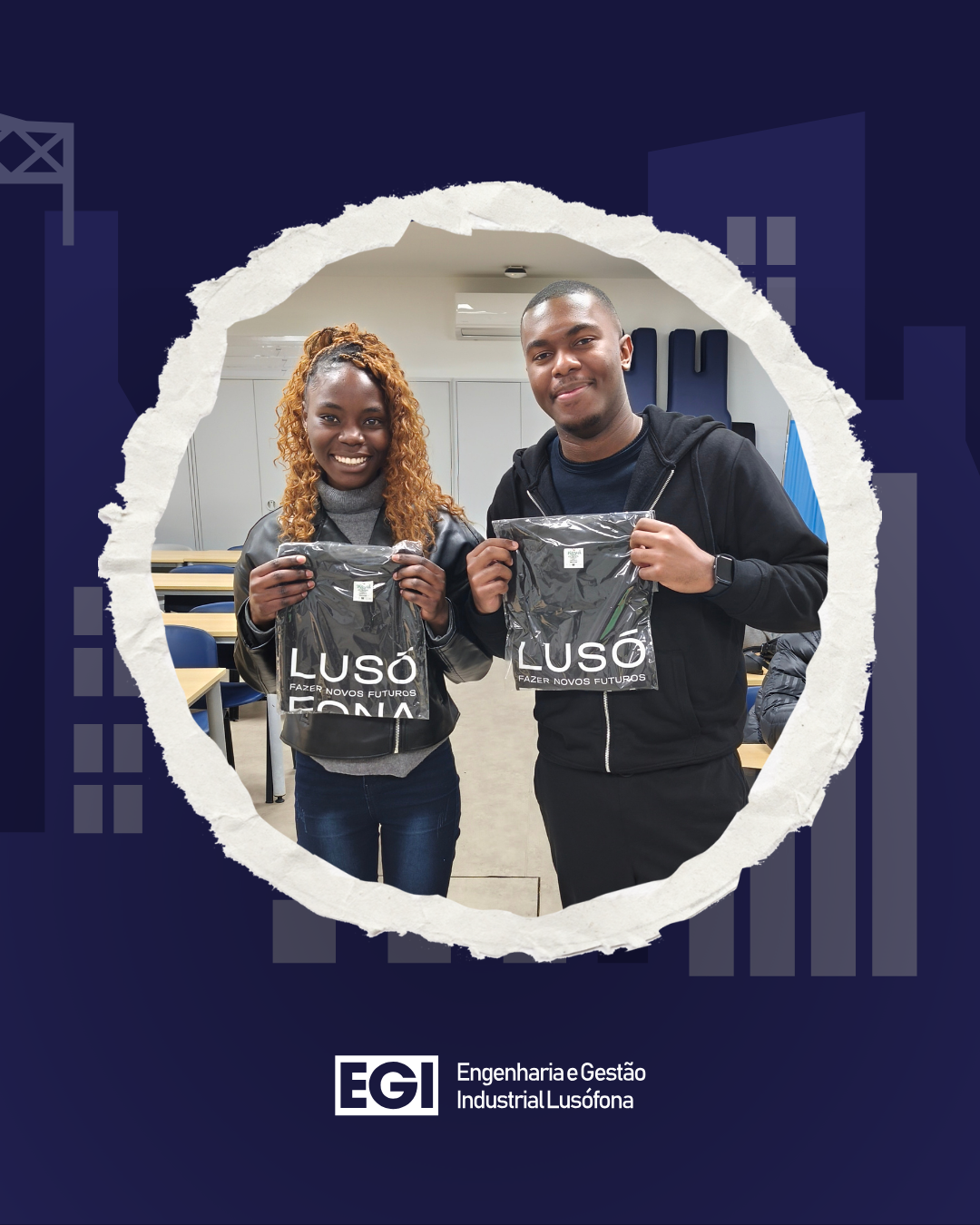
Last IEGI Class

Best Wishes
